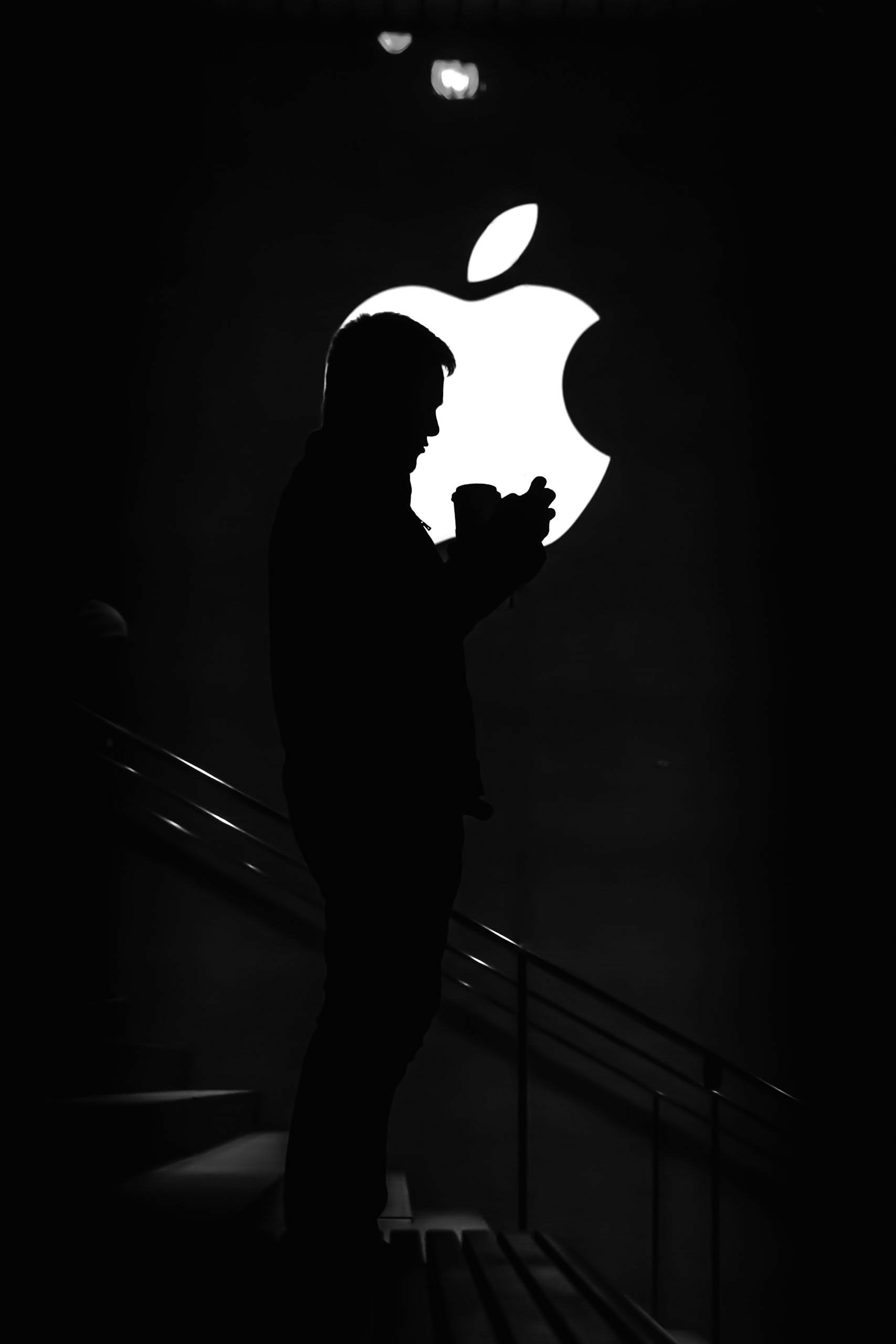Apple denied its digital voice assistant Siri poses any privacy concerns — one week after it agreed to pay $95 million to settle a lawsuit tied to the software tool.
Apple has never used Siri data to build marketing profiles, never made it available for advertising, and never sold it to anyone for any purpose, the Cupertino, Calif.-based tech giant said in a statement on Wednesday. We are constantly developing technologies to make Siri even more private, and will continue to do so.
Apple said Siri uses on-device processing whenever possible — meaning personal information is not transferred across Apple servers.
When a data transfer is necessary, Siri uses as little data as possible, the company said.
Searches and requests made through Siri are not tied to users Apple accounts, it added.
Siri does not hold onto audio recordings of requests and interactions unless users explicitly opt in to help improve Siri, and even then, the recordings are used solely for that purpose, Apple said.
Users can opt out from that process at any time, the company noted.
The denial comes after Apple which has a massive $3.7 trillion market cap agreed to pay $95 million in cash to settle a proposed class action lawsuit that argued Siri violated users privacy.
The plaintiffs claimed that Apple recorded their private conversations after accidentally activating Siri an easy mistake thanks to its Hey, Siri response trigger and shared the audio with third-party advertisers.
One plaintiff, for example, claimed he got ads for a brand name surgical treatment just after discussing it with his doctor in private.
Apple denied any wrongdoing.
